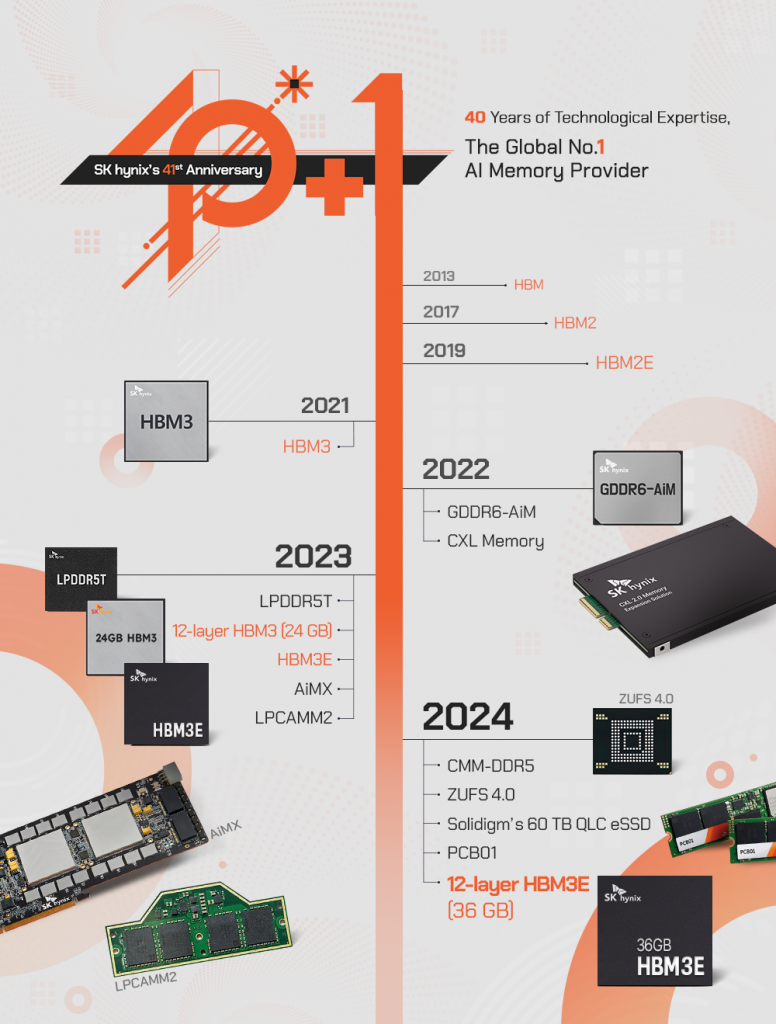OpenAI's New Tools For Effortless Voice Assistant Development

Table of Contents
Streamlined Speech-to-Text Conversion with OpenAI's Whisper API
OpenAI's Whisper API is a game-changer for speech-to-text conversion in voice assistant development. Its capabilities significantly reduce the complexities traditionally associated with accurate and reliable transcription. Whisper boasts high accuracy, multilingual support, and robust noise handling, making it ideal for a wide range of applications.
- Improved accuracy compared to previous models: Whisper leverages advanced machine learning techniques to achieve significantly higher accuracy in transcribing speech, even in challenging audio conditions. This leads to improved user experience and more reliable voice assistant functionality.
- Support for multiple languages, expanding reach and accessibility: Whisper's multilingual support breaks down language barriers, allowing developers to create voice assistants for global audiences. This opens up opportunities to reach a far wider user base.
- Efficient handling of background noise and various audio conditions: Unlike many older speech-to-text models, Whisper is remarkably resilient to background noise and variations in audio quality. This is crucial for real-world applications where perfect audio conditions are rarely achievable.
- Easy integration with existing workflows: The Whisper API is designed for seamless integration into existing development workflows, making it easy to incorporate into your voice assistant projects without major overhauls.
Specific use cases for the Whisper API include building voice search functionalities for websites and apps, transcribing voice notes for improved productivity, and creating voice-activated applications for various purposes, from controlling smart home devices to dictation software.
Natural Language Understanding (NLU) Powered by OpenAI's GPT Models
OpenAI's GPT models bring powerful Natural Language Understanding (NLU) capabilities to voice assistant development. These models enhance the ability of your voice assistant to understand the intent behind user requests, extract key entities, and maintain context throughout a conversation. This leads to more natural and human-like interactions.
- Seamless integration with Whisper API for a complete voice interaction pipeline: Combining Whisper's speech-to-text capabilities with GPT's NLU creates a complete, end-to-end voice interaction pipeline, simplifying development significantly.
- Improved context understanding for more accurate and relevant responses: GPT models excel at understanding the context of a conversation, leading to more accurate and relevant responses from your voice assistant. This makes interactions feel more natural and intuitive.
- Ability to handle complex user requests and nuanced language: GPT models can handle complex, multi-part requests and understand nuanced language, far exceeding the capabilities of simpler NLU systems.
- Reduced reliance on extensive labeled datasets for training: Pre-trained GPT models significantly reduce the need for extensive labeled datasets, saving developers valuable time and resources.
Examples of applications powered by OpenAI's GPT-enhanced NLU include building voice-controlled smart home devices, creating conversational AI chatbots with voice input, and developing sophisticated voice-based customer service systems capable of handling a wide range of user inquiries.
Simplified Voice Synthesis with OpenAI's Text-to-Speech Capabilities
OpenAI's advancements in text-to-speech (TTS) technology provide high-quality, natural-sounding voice synthesis for voice assistants. This significantly enhances the user experience by creating more engaging and human-like interactions.
- High-quality, human-like speech synthesis: OpenAI's TTS models generate speech that is remarkably natural and expressive, unlike the robotic voices of older TTS systems.
- Customization options for voice tone and style: Developers can customize the voice tone and style to match the brand or application, creating a unique and consistent user experience.
- Support for multiple languages and accents: Similar to Whisper, OpenAI's TTS offers multilingual support, expanding the reach and accessibility of your voice assistant.
- Efficient integration with NLU and speech-to-text components: The TTS API is designed for seamless integration with other OpenAI tools, creating a streamlined and efficient development process.
Use cases for OpenAI's TTS include creating accessible audiobooks, generating natural-sounding voiceovers for videos, and building interactive voice response (IVR) systems that provide a more pleasant and intuitive user experience.
Reduced Development Time and Cost
OpenAI's tools dramatically reduce the time and cost associated with traditional voice assistant development. The pre-trained models and simplified APIs make the entire process significantly more efficient.
- Pre-trained models eliminate the need for extensive training from scratch: OpenAI's pre-trained models drastically reduce the need for extensive training data and custom model development, saving significant time and resources.
- Simplified APIs make integration easy and efficient: The APIs are designed for ease of use, allowing developers to integrate the various components quickly and efficiently.
- Reduced reliance on specialized expertise: The streamlined tools make it easier for developers without extensive AI/ML expertise to build sophisticated voice assistants.
- Faster time to market for voice-enabled products: The reduced development time translates directly into faster time to market for your voice-enabled products, giving you a competitive edge.
Conclusion
OpenAI's new tools are transforming the landscape of voice assistant development. By streamlining speech-to-text, natural language understanding, and text-to-speech processes, these tools empower developers to build sophisticated and intuitive voice assistants with unprecedented ease and efficiency. The reduced development time, cost savings, and accessibility make these tools indispensable for anyone looking to integrate voice interaction into their applications. Start exploring OpenAI's resources today and experience the future of effortless voice assistant development!

Featured Posts
-
 Is Sk Hynix The New Dram Leader The Role Of Artificial Intelligence
Apr 24, 2025
Is Sk Hynix The New Dram Leader The Role Of Artificial Intelligence
Apr 24, 2025 -
 Dollar Rises Trumps Softer Tone On Fed Boosts Usd Value Against Major Peers
Apr 24, 2025
Dollar Rises Trumps Softer Tone On Fed Boosts Usd Value Against Major Peers
Apr 24, 2025 -
 Understanding The Crucial Role Of Middle Managers In Modern Organizations
Apr 24, 2025
Understanding The Crucial Role Of Middle Managers In Modern Organizations
Apr 24, 2025 -
 Canadian Conservatives Detail Plan For Tax Cuts And Fiscal Responsibility
Apr 24, 2025
Canadian Conservatives Detail Plan For Tax Cuts And Fiscal Responsibility
Apr 24, 2025 -
 Ella Travolta Ljepota Nasljedena Od Poznatog Oca
Apr 24, 2025
Ella Travolta Ljepota Nasljedena Od Poznatog Oca
Apr 24, 2025
